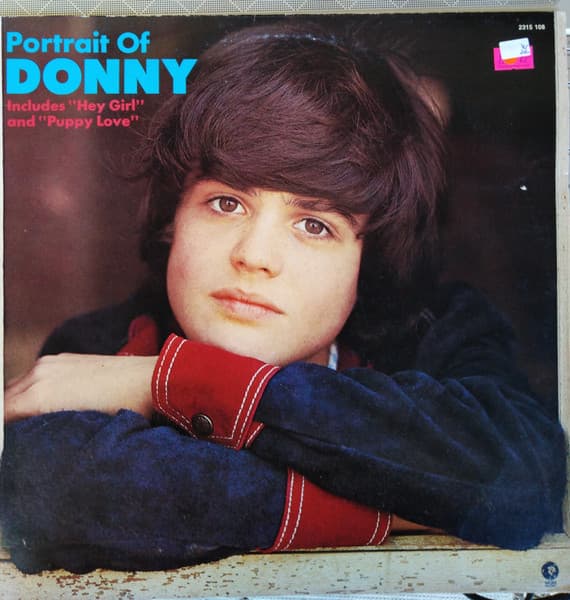
Donny Osmond’s “Alone Again (Naturally)”: A Ballad of Profound Loneliness and Unexpected Success
Back in 1972, a song emerged that seemed to capture the very essence of human loneliness, a melancholic tune that resonated with anyone who had ever felt the sting of loss and solitude. While Gilbert O’Sullivan, the song’s original writer and performer, delivered a version filled with a kind of understated, wistful resignation, it was Donny Osmond’s cover that would bring this ballad to a different kind of audience, a fan base that knew him more for bubblegum pop and wholesome television appearances than for somber reflections on life’s cruelties. This duality is what makes Osmond’s take on “Alone Again (Naturally)” so fascinating.
For many who grew up with the Osmonds, their music was a soundtrack to youthful innocence. Songs like “Go Away Little Girl” and “Puppy Love” were staples of AM radio, bright and upbeat anthems of teenage romance. So, when Donny Osmond, the youngest and arguably most beloved brother, released his cover of this deeply somber track, it felt like a significant departure. It was a moment of maturation, a glimpse into a more complex emotional landscape than his fans were accustomed to. The song, which appeared on his 1973 album Alone Together, was a bold choice, and it paid off commercially, reaching number 2 on the Billboard Hot 100 and number 3 on the Adult Contemporary chart.
The song’s success was not just a testament to Osmond’s enduring popularity but also to the track’s universal message. The story behind “Alone Again (Naturally)” is a poignant one, steeped in O’Sullivan’s own personal tragedies. The lyrics, written by O’Sullivan, detail a series of profound losses, from the passing of a parent to the devastation of being left at the altar. It’s a narrative that unfolds with a quiet despair, a resignation to a fate of perpetual solitude. The line “Alone again, naturally” isn’t an exclamation of self-pity but a somber statement of fact, a conclusion drawn from a life marked by recurring heartbreak. This quiet strength in the face of immense pain is what makes the song so powerful.
For Donny Osmond, a young man at the height of his fame, covering this song was a brave move. He could have stuck to the formula that had made him a teen idol, but instead, he chose a path that showcased his growing maturity as an artist. His performance of the song is a masterclass in subtlety. There’s a gentle sorrow in his voice, a hint of the vulnerability that was always beneath his polished persona. He doesn’t try to out-sing the emotion; he simply lets it unfold, allowing the listener to feel the weight of the lyrics without any unnecessary theatrics. It’s a performance that feels surprisingly authentic, even coming from a star so accustomed to the spotlight.
Looking back, “Alone Again (Naturally)” serves as a kind of time capsule, a snapshot of a different era in music and culture. It’s a song that proves that even the most upbeat artists can connect with a darker, more reflective side of human experience. For those of us who were there, who bought the 45 RPM single and played it on our record players, this song is a reminder of a time when music could be both deeply personal and universally relatable. It’s a nostalgic journey back to a moment when a pop idol bravely stepped into the role of a balladeer of sorrow, leaving an indelible mark on our hearts and the charts. It’s a timeless classic that continues to resonate with anyone who has ever found themselves, in the quiet moments of life, alone again, naturally.